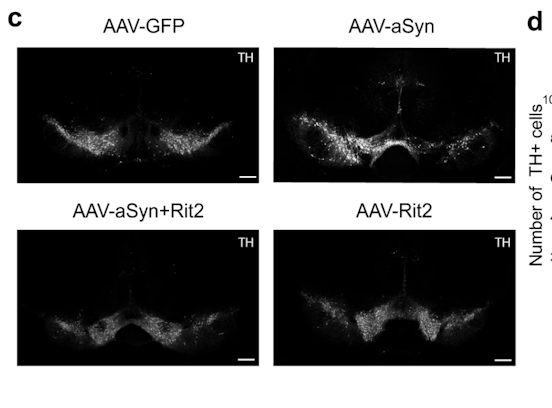Institute for Biomedicine - Molecular and Cellular Biology
Molecular and Cellular Biology
“Without understanding molecules we can only have a very sketchy understanding of life itself.” F. Crick
- English
Translational Genomics
The Translational Genomics group leverages large datasets in genetics, genomics and metabolomics for the most prominent clinical traits and diseases in the region, and uses this to drive programs of research into mechanisms of disease development and progression. We do this by characterising the genetic architecture of common complex diseases, identifying and validating key targets and pathways most suitable for drug development or repurposing, and generating models around these key targets for both mechanistic insights into chronic disease development and progression, and the search for ways to eventually intervene in these mechanisms using precision health approaches.
Biology of Cardiac Health and Disease
The group activities concentrate on the molecular and cellular mechanisms that initiate structural and arrhythmogenic disorders, with a specific focus on, but not limited to, inherited cardiomyopathies, like arrhythmogenic cardiomiopathy. To this aim, state of the art (i.e. induced pluripotent stem cells, cardiac fibroblasts) and novel (i.e. heterocellular co-culture) cell models are used, together with a variety of techniques in cell and molecular biology, genetics, cellular electrophysiology and imaging.
Mitochondria in Health and Disease
The group is employing a synergistic combination of functional and ‘omics (transcriptomics, metabolomics) approaches to investigate the mitochondrial decline in Parkinson’s disease (PD) and ageing. In particular, we are studying the effect of PD gene mutations on mitochondrial morphology, function, and mitochondrial genome integrity with the aim of identifying possible points for therapeutic intervention. Our cellular models include neuronal cell lines, primary cells, like fibroblasts and primary neurons, and neurons derived from induced pluripotent stem cells, cultured both in 2D and 3D conditions.
Neurodegeneration
The group investigates cellular and molecular mechanisms that underlie onset and progression of age-related neurodegenerative disorders, with an in-depth focus on Parkinson's disease. We cross genetics and genomics information, using genes linked to rare familial forms as "proxy" models of the more common idiopathic disease. This also allow us to start our investigations from etiological relevant biological processes. From genomics studies, we then identify genes that participate in the same cellular pathways, to better elucidate the associated dysfunctions. Ultimately, we aim at clarifying disease processes and validate novel, etiology relevant targets for neuroprotective therapy.
